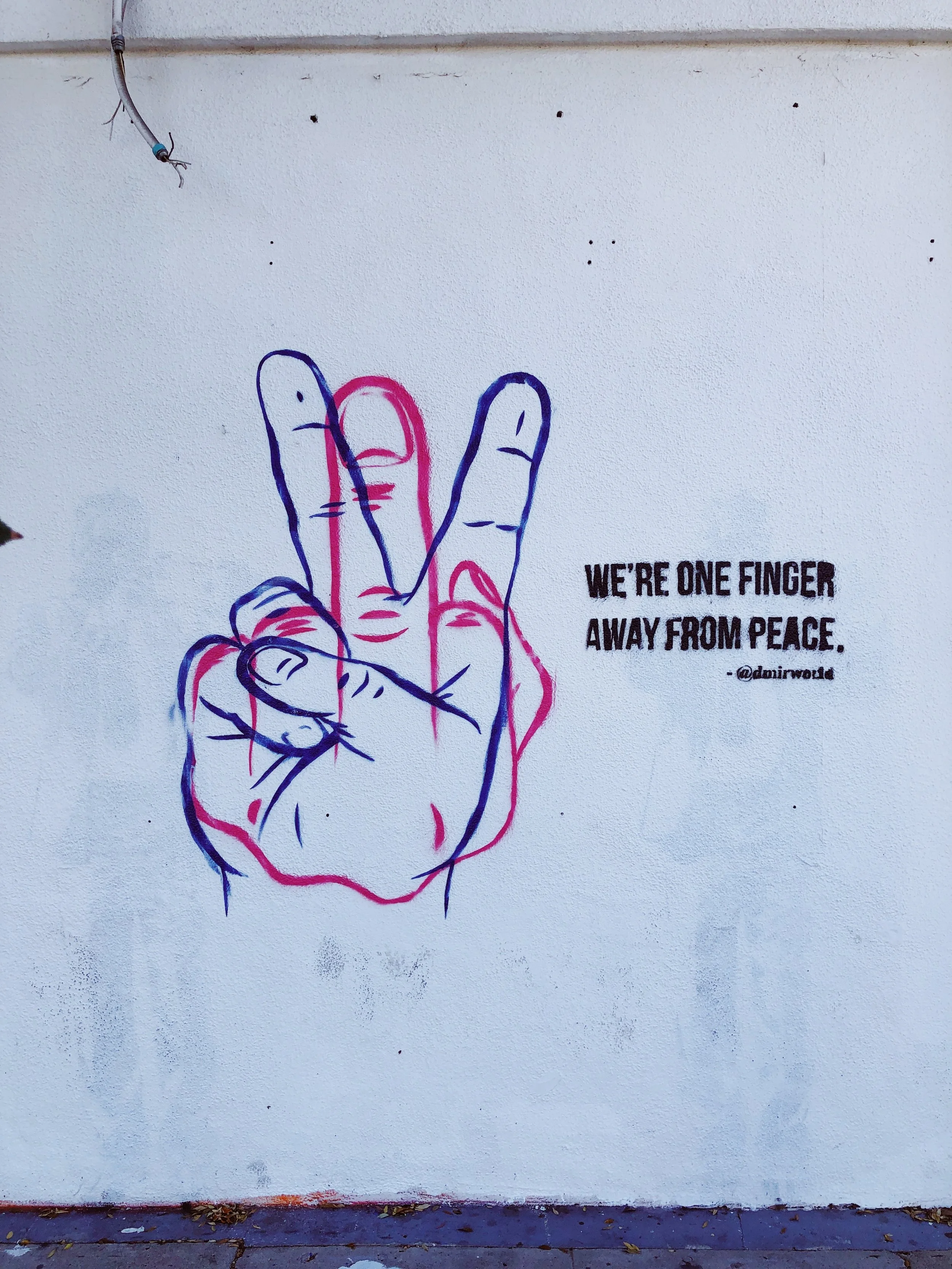The Paradox of Tolerance
Reading time: 4 min
In the age of social media, even war is hungry for followers.
As the conflict in Ukraine evolves, keeping the world frozen between action and inaction like the space between two pictures of Google Street View, I have been obsessively checking the news.
Among the many, horrific reports of the war fought on the ground, in the air and on the tables of economic legislators, one battlefield I didn’t expect to be of such importance is information. While Putin’s watchdog was cleansing all the independent broadcasting services of his nation—together with Facebook and Twitter—what really surprised me was that also the West was blocking Russian channels such as RT and Sputnik. (Source)
Now, if it wasn’t so obvious that the Russian government’s approved reports were false and dangerous for democracy, I would have a problem with the ban.
I don’t want to play the Devil’s advocate here, I only like questioning everything, even when something seems unquestionable.
If the West bans their opposing media, how can they claim they differ from Russia’s watchdog? In theory, (and only in theory) the ban of RT is a violation of free speech, and without the overwhelming evidence that the entire world—fortunately—has got, it would be nearly impossible for the average person to know who is perpetuating a lie and who is protecting the truth.
That’s when I remembered the paradox of tolerance.
The paradox of tolerance
The paradox of tolerance, famously associated with the philosopher Karl Popper, but approached in countless shapes and forms by many others both before and after him, states that an all-tolerant society can only be stripped of its tolerance in the end.
Or, as he writes in his “The Open Society and Its Enemies;”
Unlimited tolerance must lead to the disappearance of tolerance. If we extend unlimited tolerance even to those who are intolerant, if we are not prepared to defend a tolerant society against the onslaught of the intolerant, then the tolerant will be destroyed, and tolerance with them.
And this is exactly where we are right now.
Although not as widespread as it should be, this is a concept easy to grasp at its extremities. For example, religious terrorism or racism are extremist philosophies which cannot be tolerated by tolerant societies. But intolerance of any form, even towards the intolerants, means that a society is not really tolerant. Hence the paradox.
Photo by Brandi Alexandra on Unsplash
What I like about the paradox is how strongly it assumes tolerance deserves to be preserved. So much, in fact, that it should be allowed to even go against its very nature if threatened.
How far is it ethical to go to safeguard tolerance is a separate subject, one I’m not prepared to discuss, but I believe that by preventing the spread of false and misleading propaganda to democratic nations, we are well within ethical limits.
Evidence being the—not so—thin line between what’s acceptable and what’s not.
Tolerance is the very essence of a free society; it is the driver of individuality and the fertile ground feeding curiosity and beauty, and it needs to be protected, at all costs.
Limiting freedom is not tolerant.
Challenging happiness is not tolerant.
Manufacturing information is not tolerant.
Accepting abuses as inevitable is not tolerant, because, as Margaret Atwood says in her “The Testaments;”
... very little in history is inevitable.
Alla prossima
Photo by Max Kukurudziak on Unsplash



